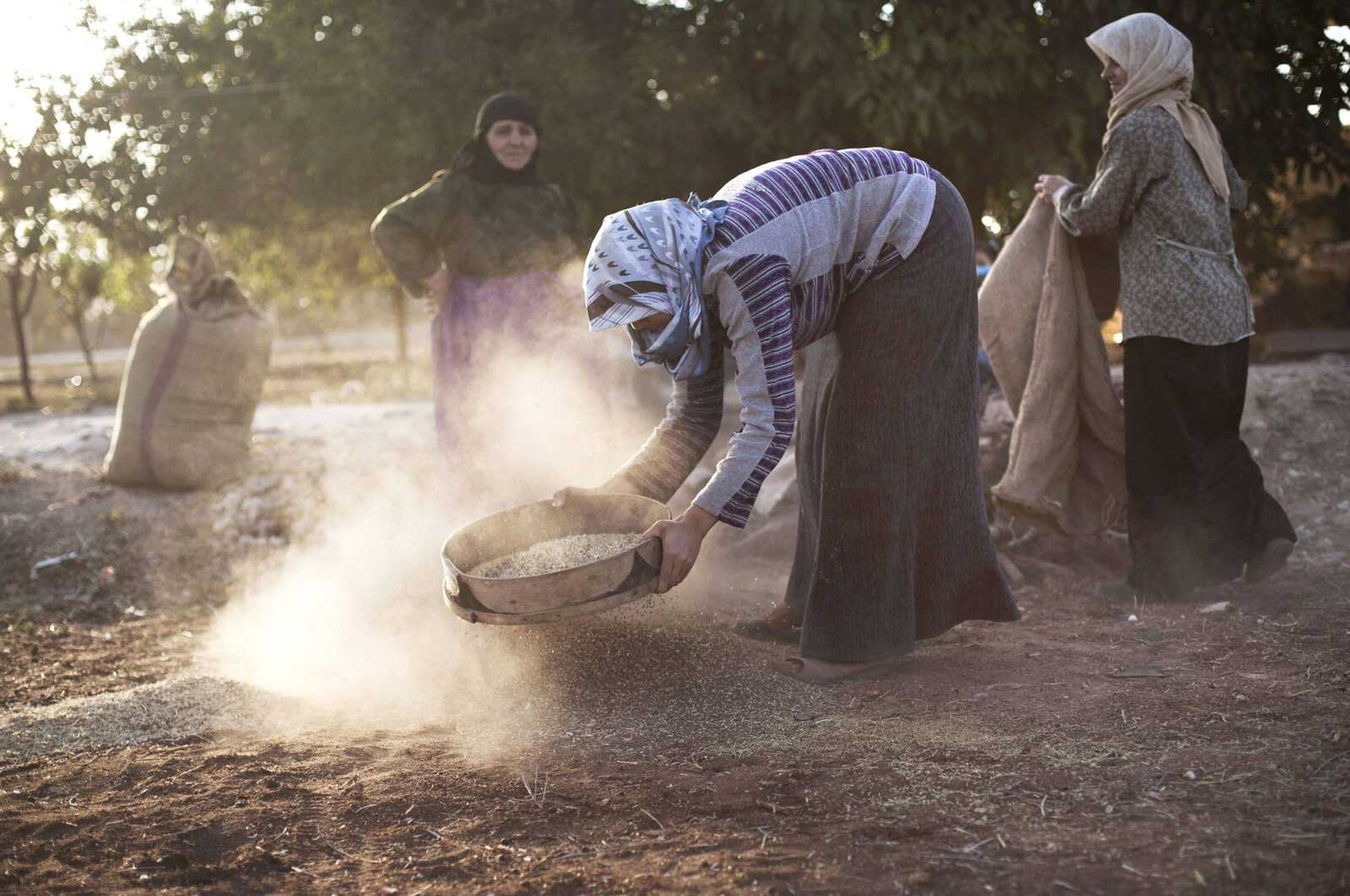ALEPPO, Syria -- Most of the rebels fighting government forces in the city of Aleppo fit a specific mold: They're poor, religiously conservative and usually come from the underdeveloped countryside nearby.
They bring to the battle their fury over years of economic marginalization, fired by a pious fervor, and they say their fight in the civil war is not only against President Bashar Assad but also the elite merchants and industrialists who dominate the city and have stuck by the regime.
The rebels regard this support for the government to be an act of betrayal.
The blend of poverty, religious piety and anger could define the future of Aleppo, and perhaps the rest of Syria, if the rebels take over the country's largest city, which is also its economic engine.
They may be tempted to push their own version of Islam, which is more fundamentalist than what is found in the city. Their bitterness at the business class may prompt them to seek ways of redistributing the wealth.
"Those who have money in Aleppo only worry about their wealth and interests when we have long lived in poverty," said Osama Abu Mohammed, a rebel commander who was a car mechanic in the nearby town of Beyanon before he joined the fight.
"They have been breast-fed cowardice and their hearts are filled with fear. With their money, we could buy weapons that enable us to liberate the entire city in a week," he said.
With neither side able to decide the battle after three months of fighting and with winter fast approaching, however, the rebels from the countryside in Aleppo province risk losing the popular good will they have enjoyed from their fellow impoverished Sunnis in the city.
The battle for Aleppo is a stark illustration of how Syria's conflict, now in its 19th month, is as much a revolt of the underclass as a rebellion against the regime's authoritarian grip.
The countryside surrounding Aleppo is dotted with small farming towns where the population is overwhelmingly Sunni Muslim, with a social fabric built around strong family and clan ties, primarily guided by local customs and a conservative brand of Islam.
In contrast, Aleppo's estimated 3 million residents are a mix of Syria's main ethnic and religious groups -- Sunni and Shiite Muslims, Alawites, Christians, Kurds, Turkomen and Armenians -- with a relatively liberal lifestyle.
The northern city is home to a powerful community of factory owners, manufacturers and merchants, mainly from prominent Sunni families, who were largely allowed to operate without government interference while the Assad family's Alawite sect, an offshoot of Shiite Islam, kept its grip on political power.
The rural fighters also bring with them their more fundamentalist religious outlook, which the trauma of war has only deepened.
Most rebels in Aleppo wear beards, a hallmark of piety, and their conversation is filled with verses from the Quran or sayings attributed to the Prophet Muhammad.
Regime forces punish the city daily with artillery and airstrikes. Civilians are killed and wounded while standing on bread lines, walking the streets or watching TV at home. The staff at the rebels' field hospital said 80 percent of the 100-120 cases they treat daily are civilians.
Connect with the Southeast Missourian Newsroom:
For corrections to this story or other insights for the editor, click here. To submit a letter to the editor, click here. To learn about the Southeast Missourian’s AI Policy, click here.







